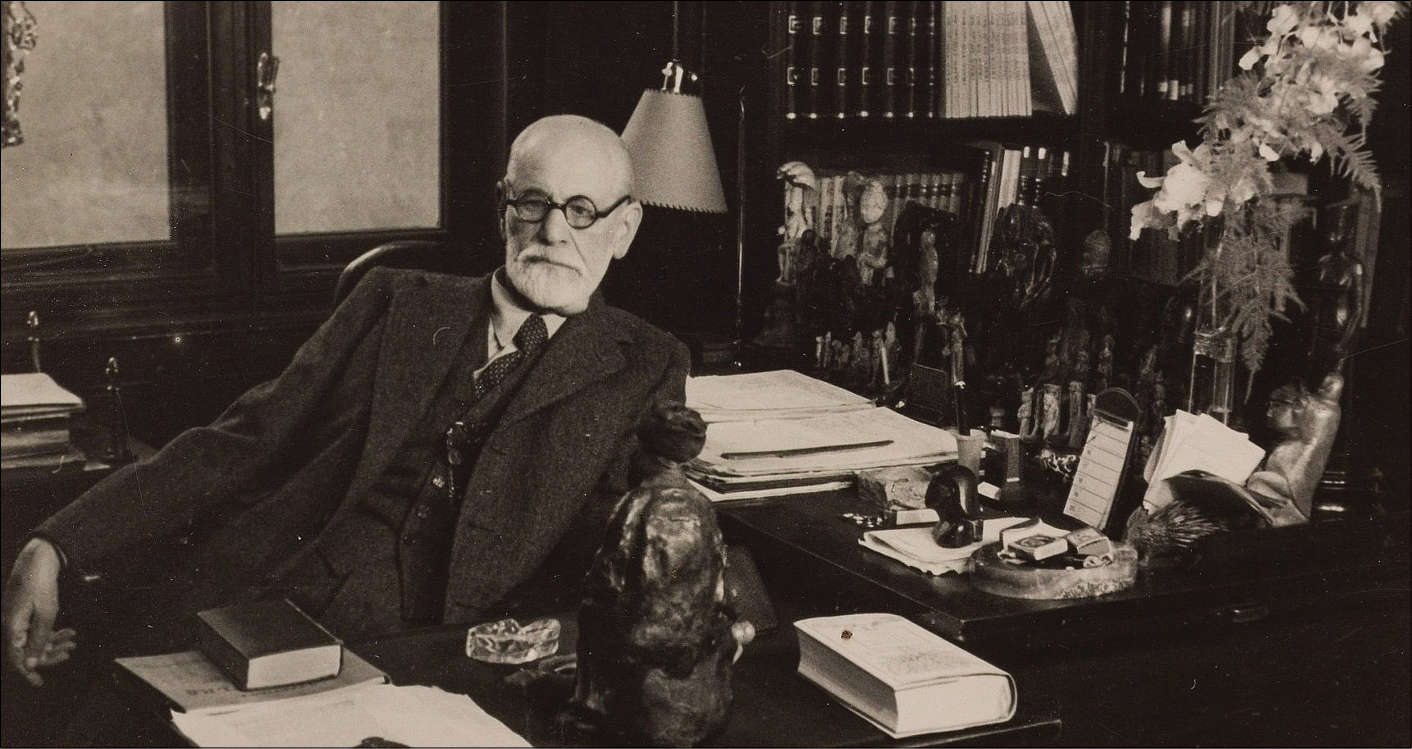In the recent ‘gaffe’ in an event in Guwahati, when the Assam Chief Minister called Narendra Modi as home minister and Amit Shah as prime minister, some in the opposition parties went berserk guessing imagining the implicit meaning of the faux-pass – overt and covert. They went analyzing this prime /initial part of the chief minister’s speech to smell the whiff of the inner climate of the ruling party and any impending changes. Almost all speakers are liable to make occasional speech errors. They occur more often when speakers are nervous, tired, or anxious; and infrequently at the start of a speech. Linguistic experts have categorized these errors as exchange errors, perseveration, anticipation, shift, substitution, blends, additions, and deletions.
The error in this context in the Guwahati event would be an Exchange error and a mere slip-up. On the other hand, many would consider it a ‘Kinsley gaffe’. Michael Kinsley was a senior journalist who said, “A gaffe is when a politician tells the truth – some obvious truth he isn’t supposed to say.” In contrast to this, former US President Barack Obama says, a Gaffe is an error used by the press to describe any maladroit phrase by a candidate (that reveals ignorance, carelessness, fuzzy thinking, insensitivity, falsehood, or hypocrisy) that simply veers away sufficiently far from the conventional wisdom to make said candidate vulnerable to attack.
We have come across many innocent/ inconsequential gaffes in public space around the world. In a recent speech around the Ukraine war, US president Biden said that the US will ‘accommodate’ Russian oligarchs instead of saying ‘hold them accountable. A deletion error indeed.
In a one-off tongue slip-up incident in a televised speech in 1991, US Senator Ted Kennedy said, “Our national interest ought to be to encourage the breast,” he then paused to rectify himself, “the best and the brightest.” So this would be a ‘blend’ error. But the fact that his hands were suggestively cupping the air as he spoke made the moment prime for Freudian analysis.
Even with the modern-day criticism of Freud’s analysis, we still cannot ignore Freud’s theories. In psychoanalysis, we come across the phrase Freudian slip (parapraxis). This is a slip of the tongue that seems to inadvertently reveal an unconscious thought or attitude. Politicians rehearse their stump speeches day after day, but even they fall victim to these sometimes-embarrassing slips of the tongue. Former President George H.W. Bush offered another example of parapraxis during a 1988 campaign speech when he said, “We’ve had triumphs. Made some mistakes. We’ve had some sex… uh… setbacks.”
Sigmund Freud assumed that speech errors are the result of an intrapsychic conflict of concurrent intentions. According to Freud, virtually all speech errors are caused by the intrusion of repressed ideas from the unconscious into one’s conscious speech. Though this seems so logical an explanation for most speech errors, others believe that some politicians occasionally resort to intentional speech ‘error’s or wordplays even in public speeches to express their ideas or intentions.
In public speeches, the use of words, their juxtaposition to other words and phrases, and other extra-linguistic signs may yield the relevant or implicit meanings that – though deniable by the speaker – constitute contextually plausible interpretations.
Perhaps because of how frequently they give public speeches, politicians have given us some of the most ‘famous’ examples of Freudian slips and these have always been generating conversations and controversy even today.
Political speeches around the globe are used to impose certain moral and ethical values on people. Implicit statements in political speeches have a big role in a politician’s public life. We know and must remember that political speeches are not prosperous because they are correct or true, instead, they may be more dependent on how valid the arguments seem or how close to reality their words and predictions are.






















